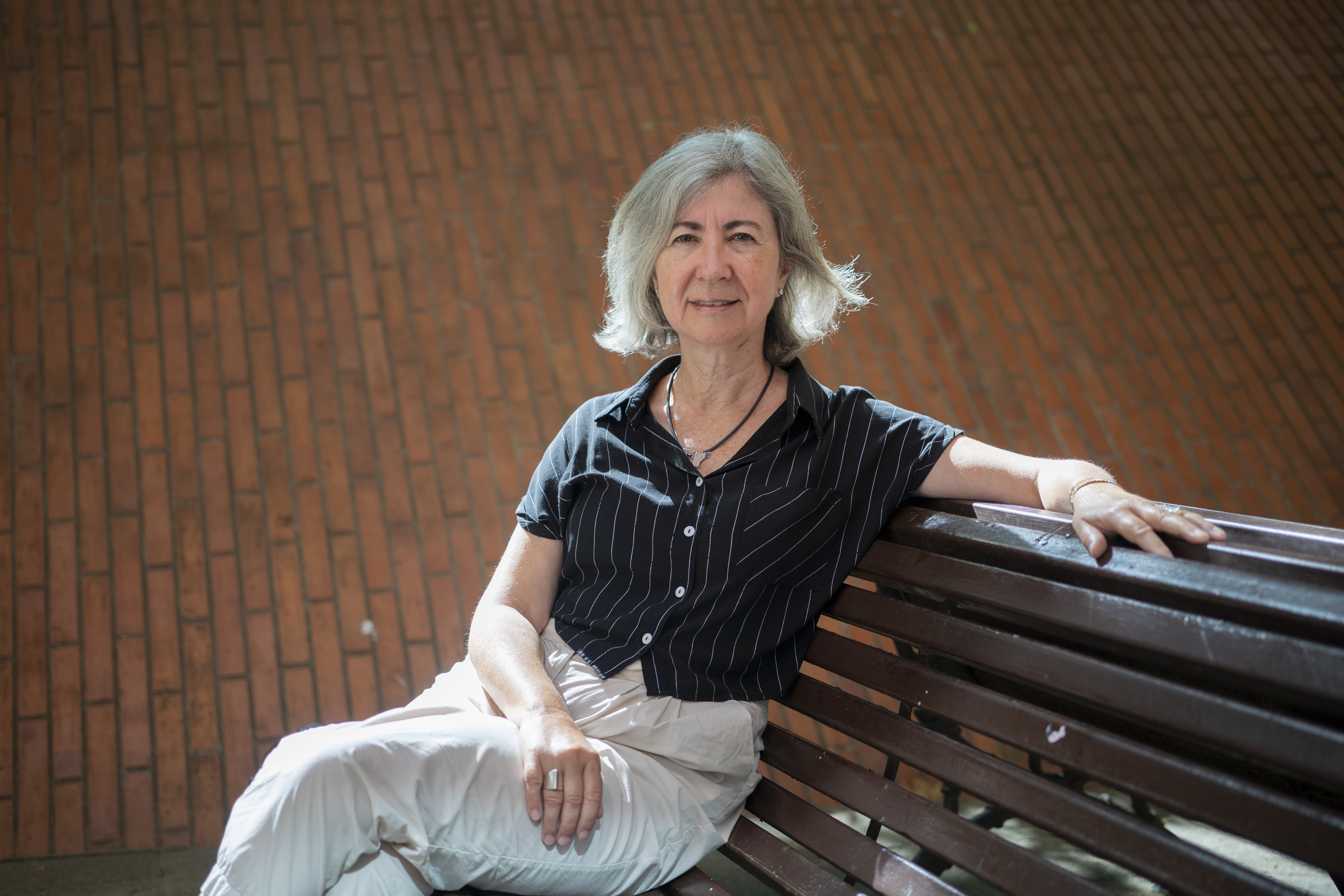The Catalan National Assembly (ANC) reacts. The president of Catalonia, Pere Aragonès, finally resolved the doubts this Friday and confirmed that he will not attend this year's unitary pro-independence march on the Diada of September 11th, organised by major civil society organization the ANC. Aragonès justified himself saying that he does not think it is coherent to be there, since he says the Catalan National Day mobilization is directed against the political parties and the public institutions, and not against the Spanish state, sources in the government informed. The president also affirms that only by uniting parties and public can the objective of independence be achieved, although he stated his hope that the streets would fill with people that day. The head of the Catalan executive justifies his criticisms because the rally organizer states in its programme that the mobilization wants civil society to move "ahead" of the parties, "with mobilizations and, if necessary, putting the heat on the institutions". In addition, it regrets the "inaction" of the parties, which it "no longer relies on or believes in".
However, the Assembly affirms that the president's accusations are not correct and the body regrets his decision. In a statement, the civil society organization chaired by Dolors Feliu maintains that the Diada march is "a positive mobilization for independence" that seeks to present demands at the same time as being peaceful and democratic. In this way, they affirm that no-one is being negatively targeted. "It is not being called against anyone, but we don't back the idea of being an autonomous community," they say. "It should be something we expect, and a normal aspect of democracy, that citizens and their representatives come together in the streets, and we regret that on this occasion that cannot occur with the president of the Generalitat."
"Photo with the Spanish government"
The September 11th demonstration, then, is not against the parties, but "against the parties' strategy, which is not compatible with independence", they claim. This is a criticism that the Assembly has directed continually, especially since the beginning of this Catalan legislature in 2021, at the political parties, and particularly ERC and Junts for their presence in the Catalan executive. Faced with this situation, the entity places its confidence in the strength of civil society. "If the pro-independence movement has progressed these years, it has been thanks to the refusal to give in, the continued struggle and to make progress toward independence that there is beyond the parties. We realize, now more than ever, that it will be the people who achieve independence," they say. With the political parties, the ANC is willing to cooperate, but always "from a leadership that rests within the people as a whole".
Despite largely avoiding direct criticism of Pere Aragonès, the pro-independence organization did not avoid some criticism of the president for his determined commitment to the dialogue table and the idea of negotiation with the Spanish government. "From the Catalan National Assembly we do not understand how the president of the government of Catalonia can stage a photo with the government in Madrid but does not want to do the same with hundreds of thousands of Catalans demanding independence, the same policy that his party has in its electoral manifesto", they note regretfully. They add, however, that the president's failure to attend will not stop them.

